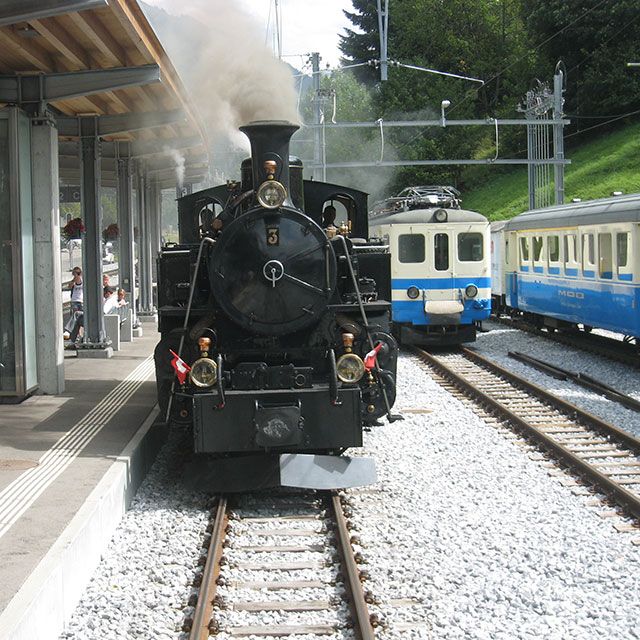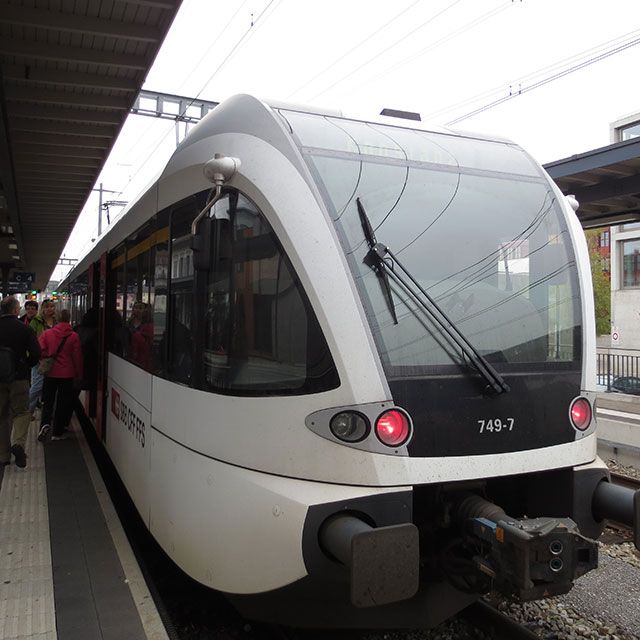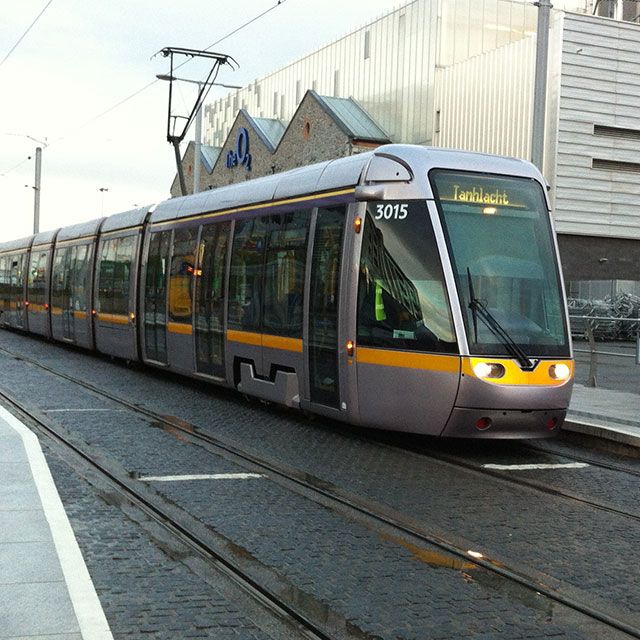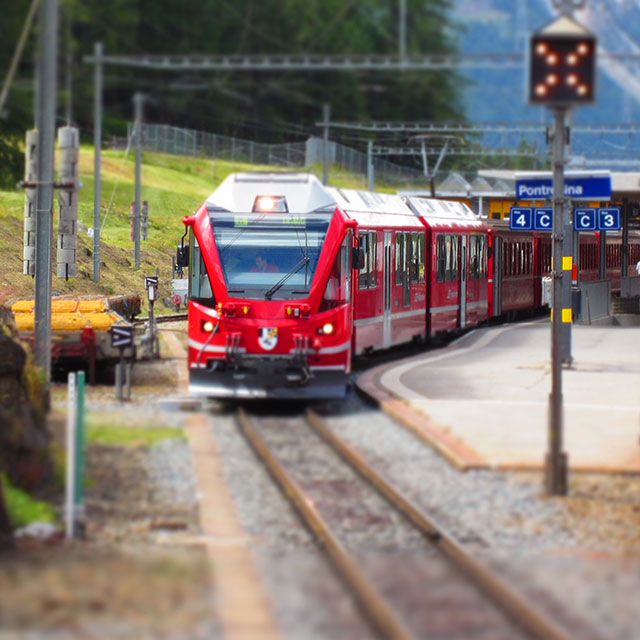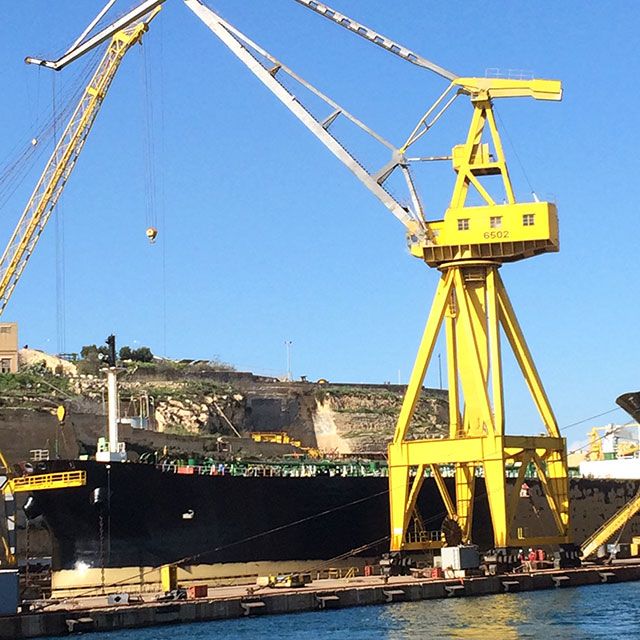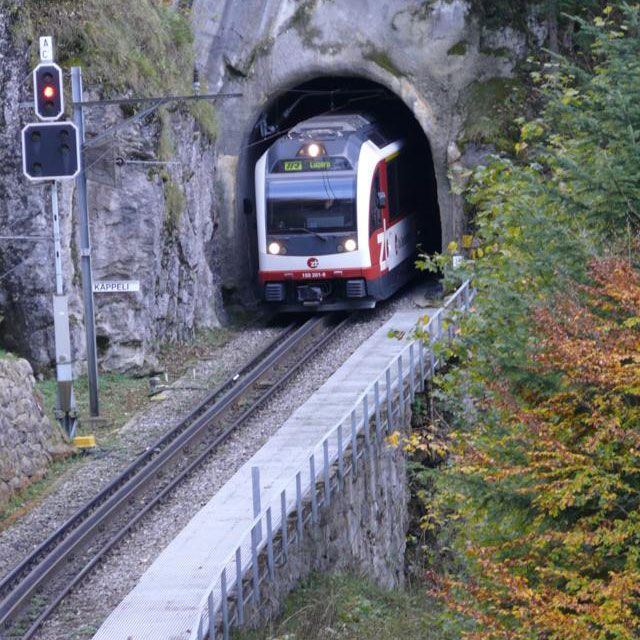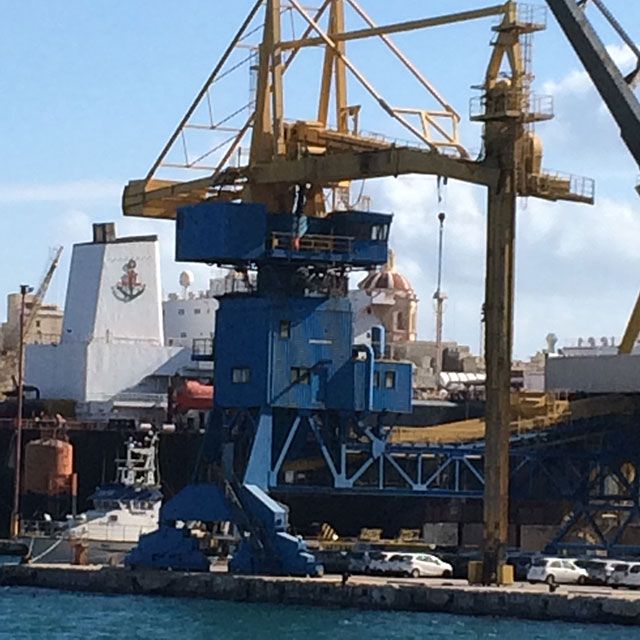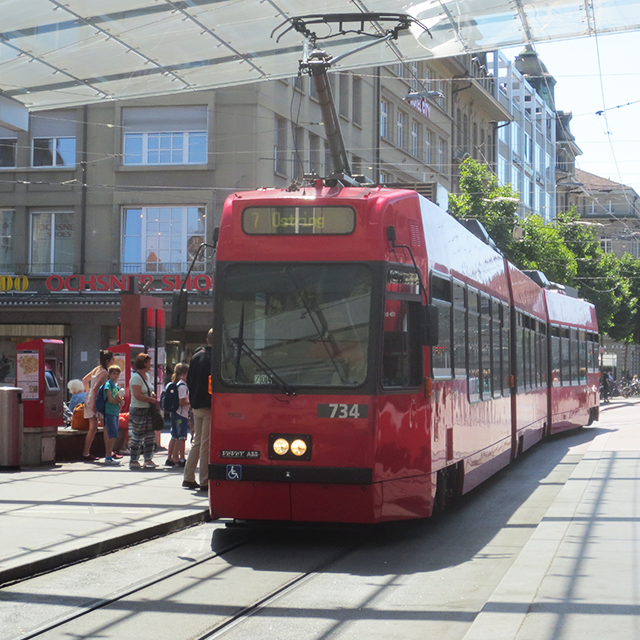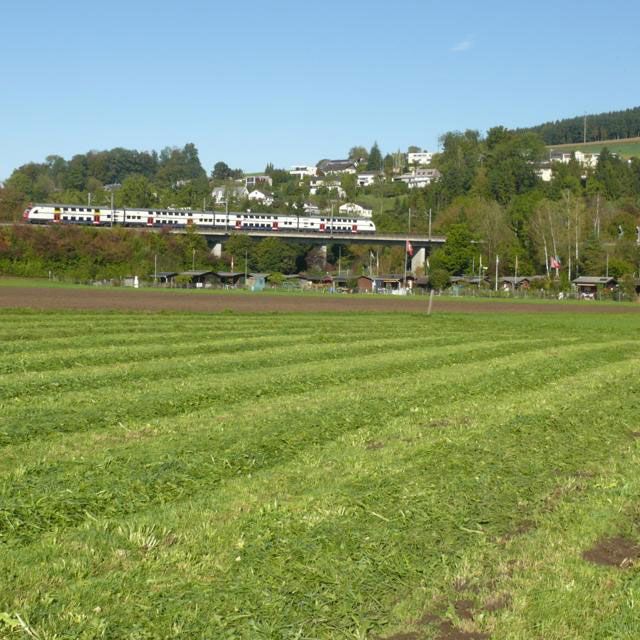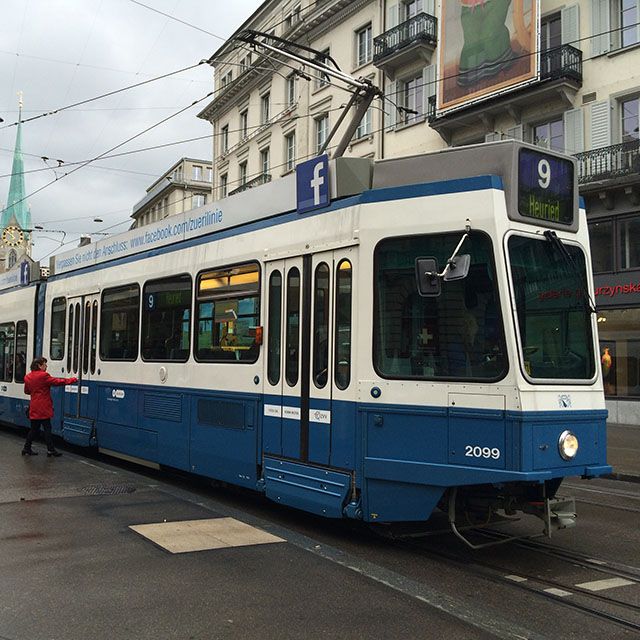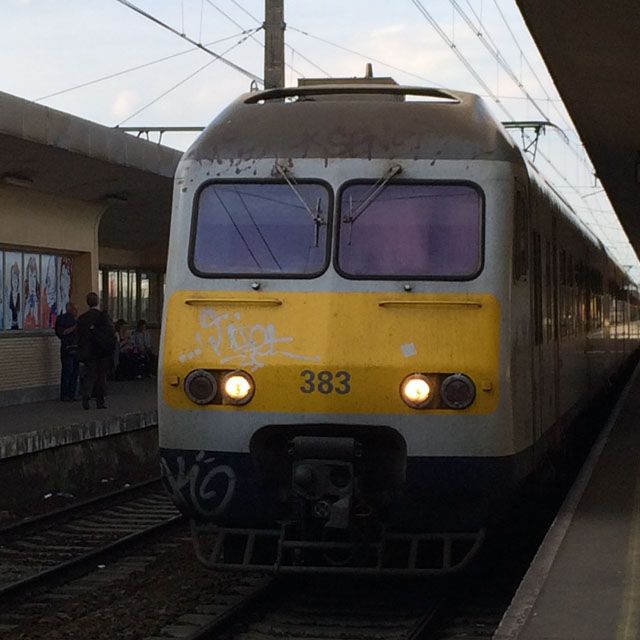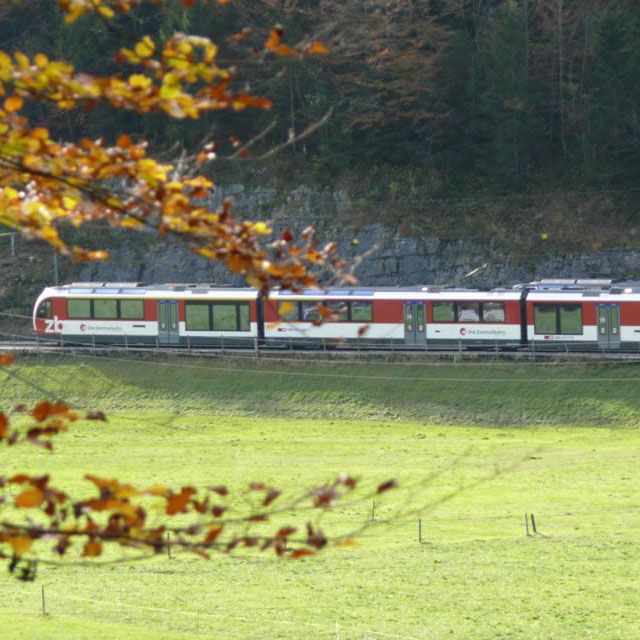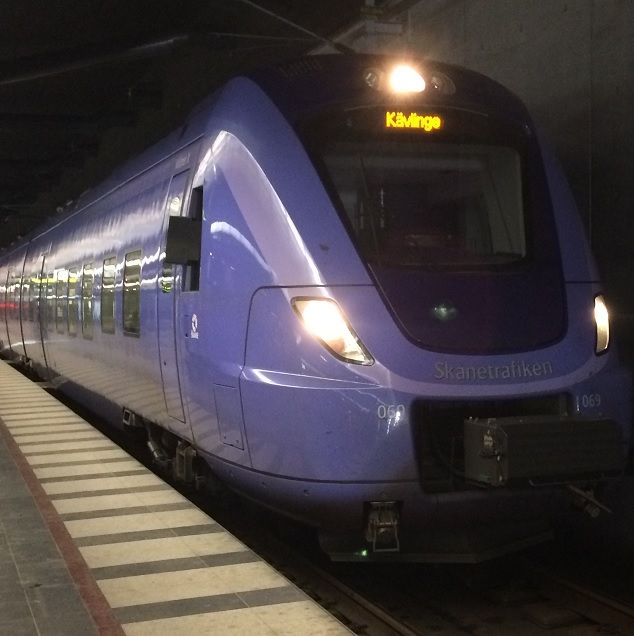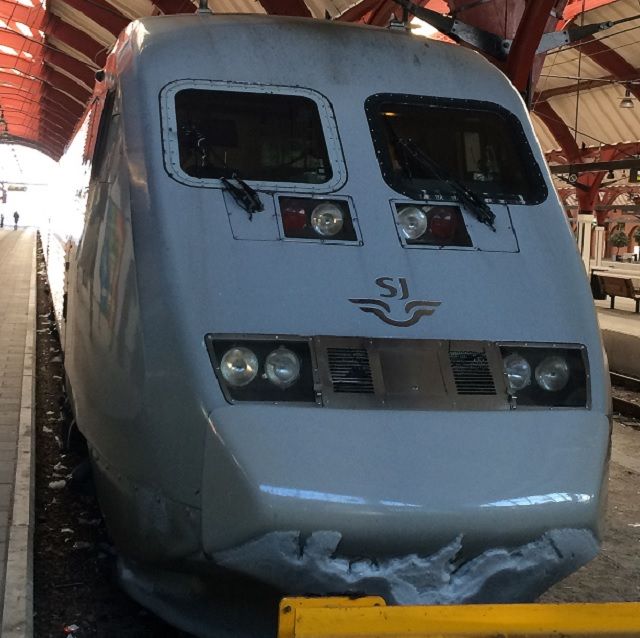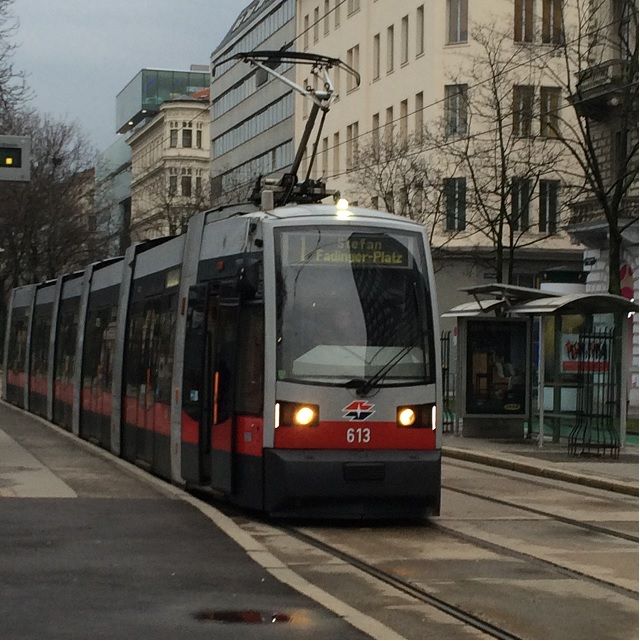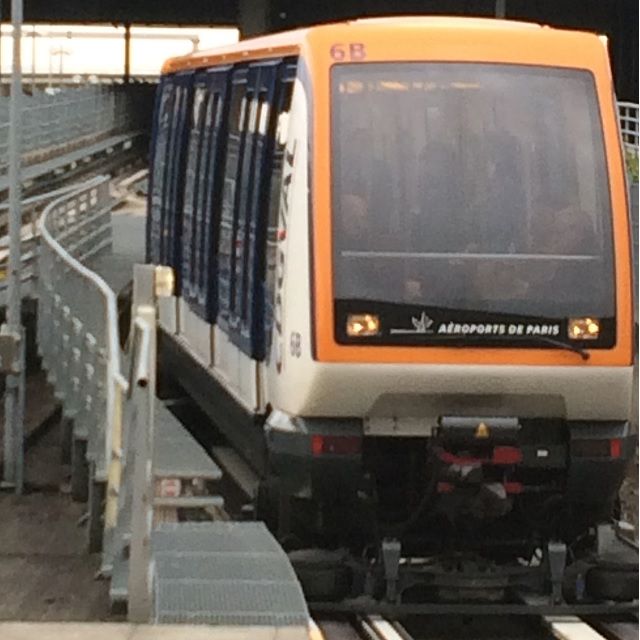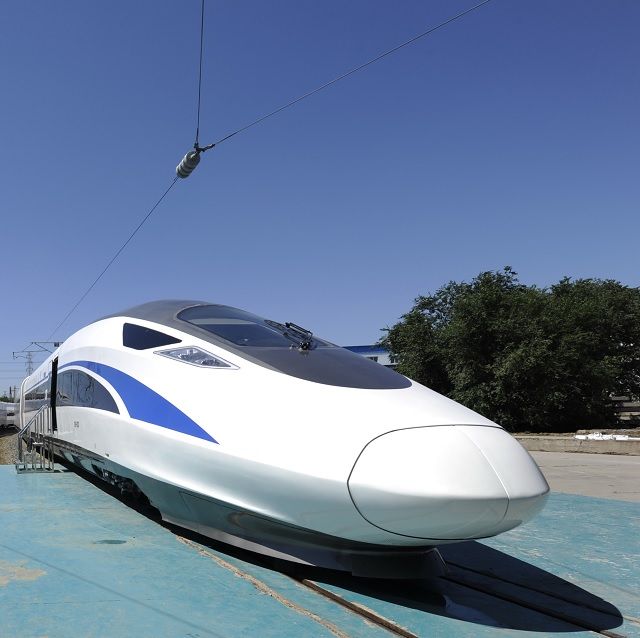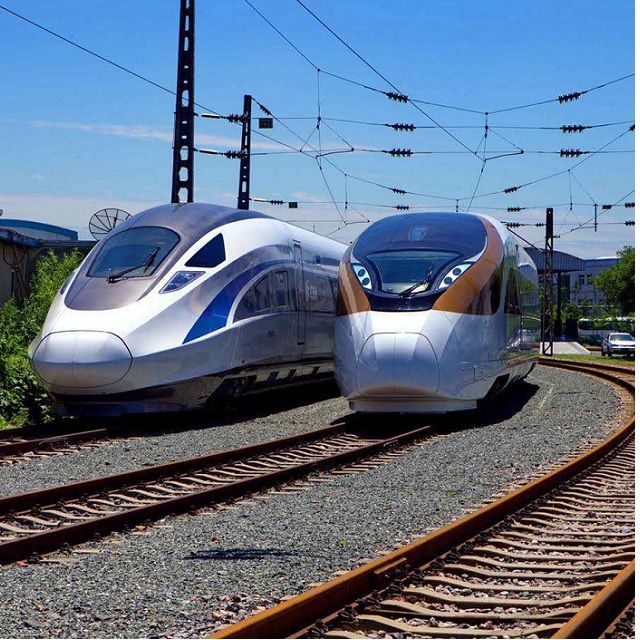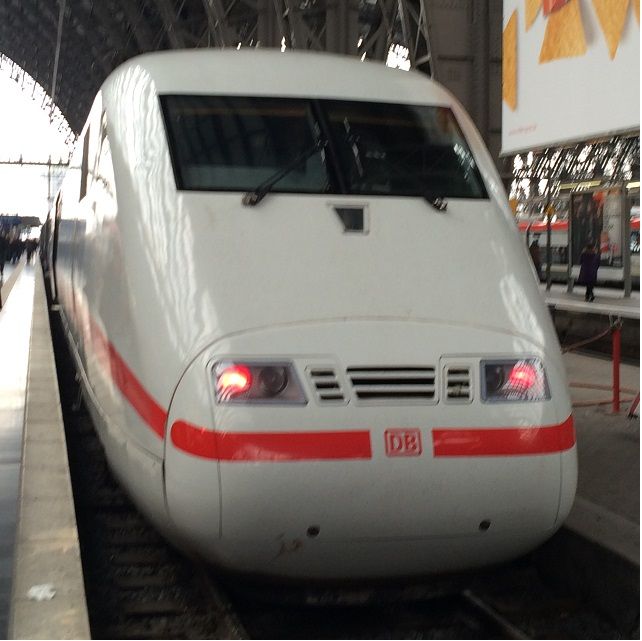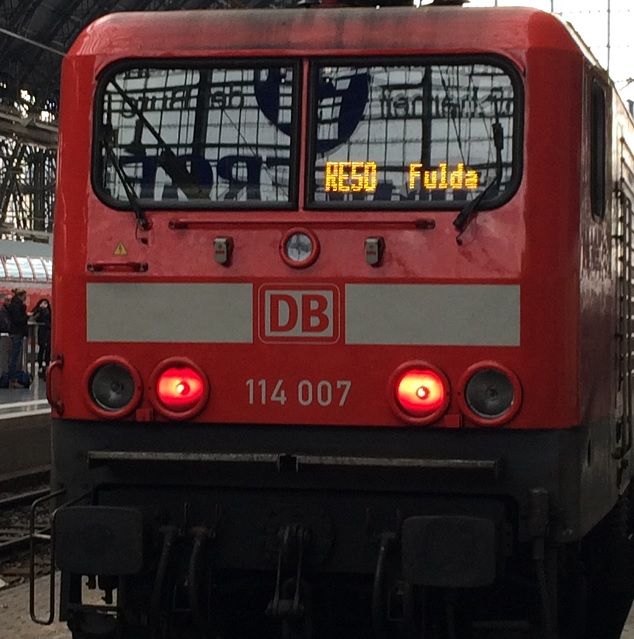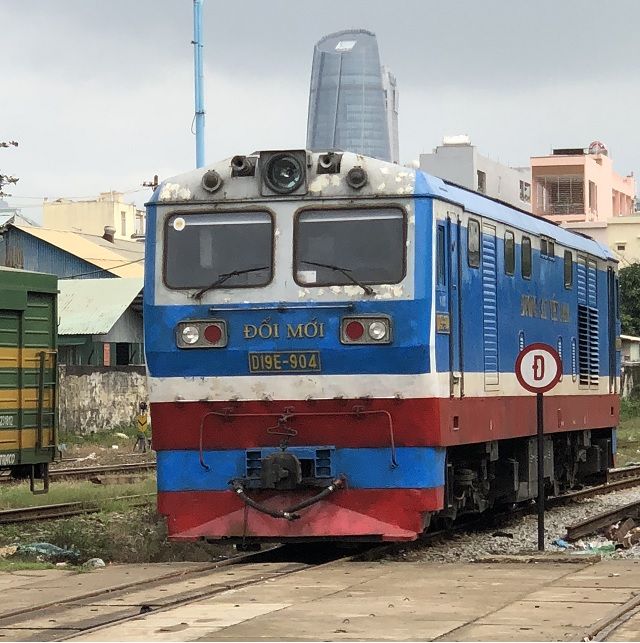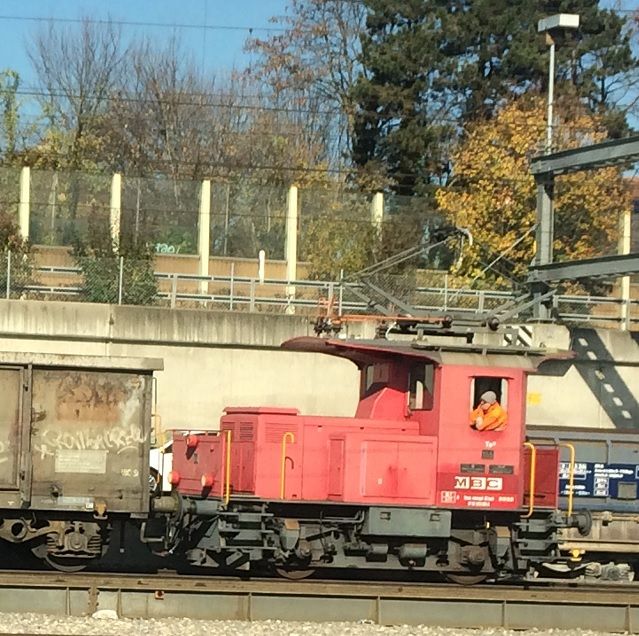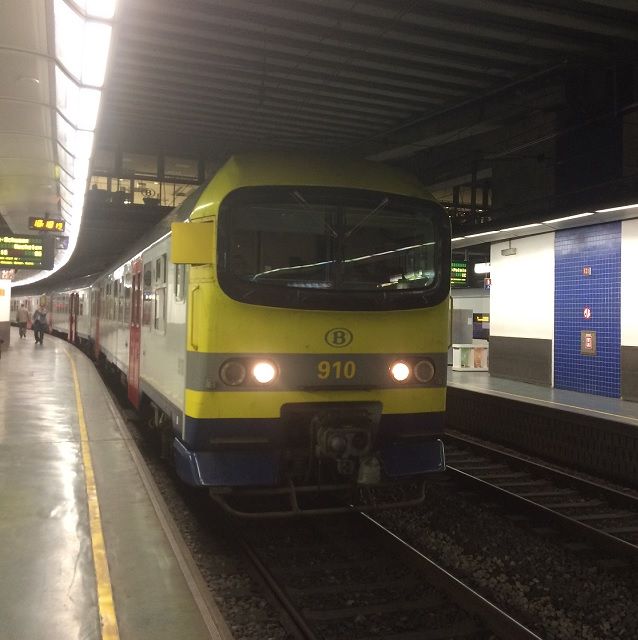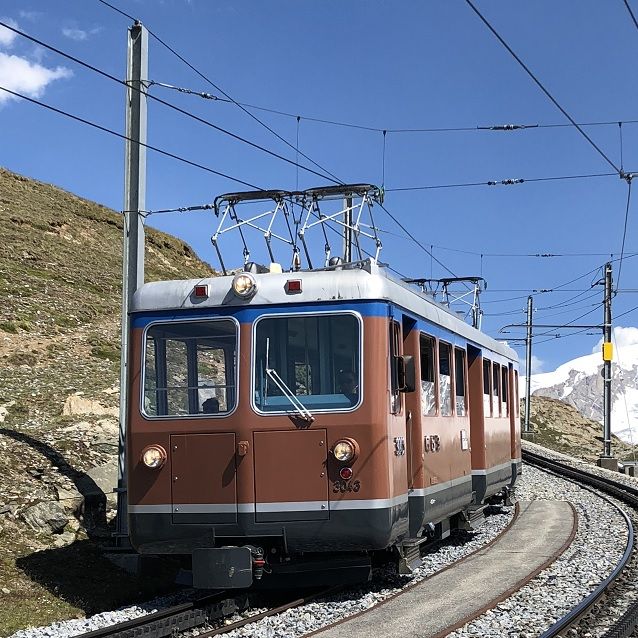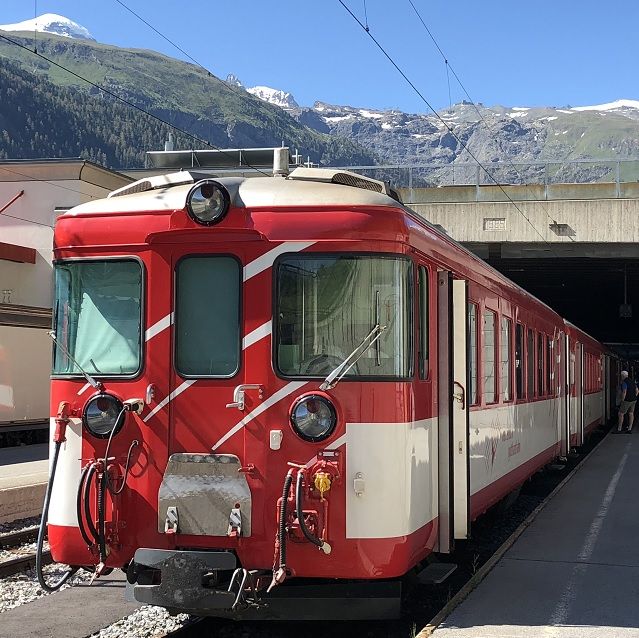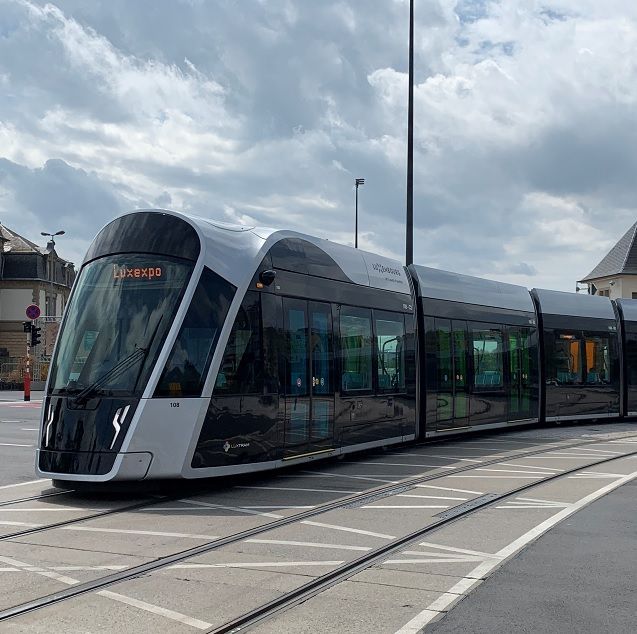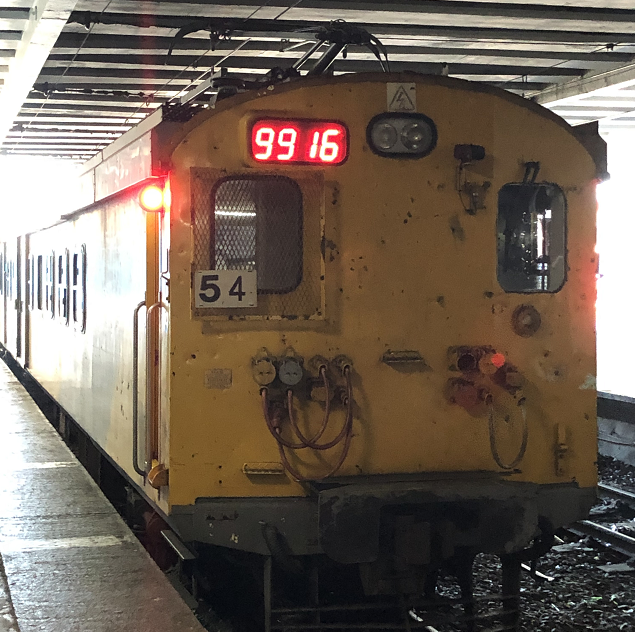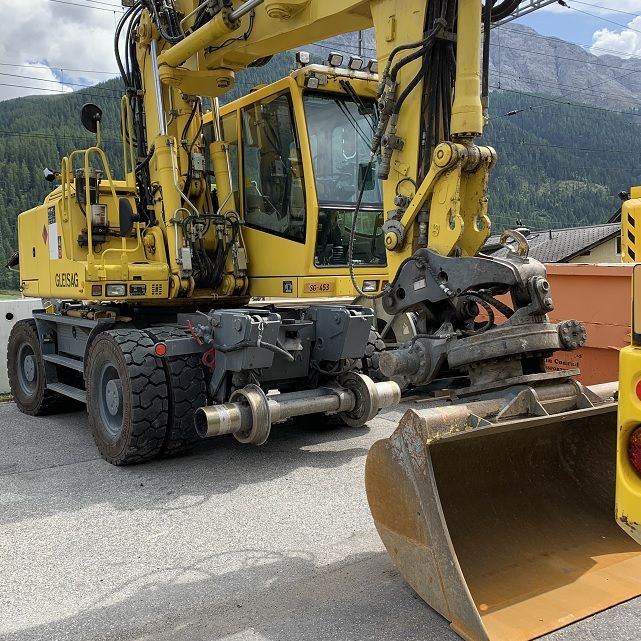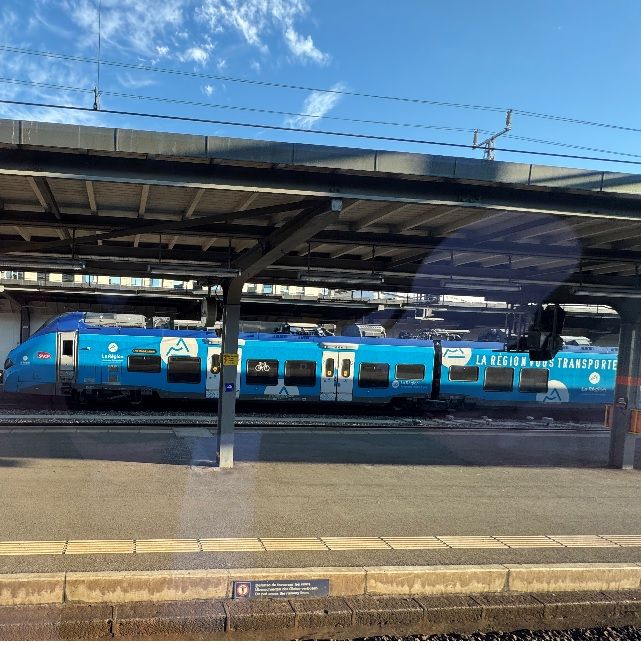Key Talking Points
The Luxembourg Protocol to the Cape Town Convention is a new global instrument which, when in force, will make it easier and cheaper for the private sector to finance railway equipment.
- The Protocol creates a new global legal system for the recognition and prioritisation of security interests held by creditors in railway equipment. These interests will be registered in a new international registry, which is searchable by the public 24/7. This makes it possible, for the first time, for all interested parties to easily learn of a creditor’s security interest, and for that creditor to be able to enforce its security in cases of debtor default or insolvency.
- The Protocol will introduce a new unique identification system for railway equipment. It applies to all equipment running above, on, or under a permanent guide-way; from high-speed to light rail trains, from freight locomotives and wagons to trams and subways, and from people movers at airports to gantries and cranes running on rails at ports.
- The Protocol covers all debtors located in a ratifying state, for example in a financial centre, regardless of the location of the railway equipment. It covers the financing of railway equipment through leases, secured credit agreements and conditional sale contracts.
- By securing the creditor, the Protocol will draw in much more, and cheaper, finance from the private sector for railway equipment. This will lead to a more competitive and dynamic rail sector, plus more investment in the industry.
- The Protocol should relieve governments, as well as state- and privately owned operators, of the need to allocate precious capital to rolling stock. This is particularly important for developing countries where an extensive and well-functioning rail sector is critical for economic growth.
See the RWG Briefing Papers for more in-depth explanations of advantages for various stakeholders.





